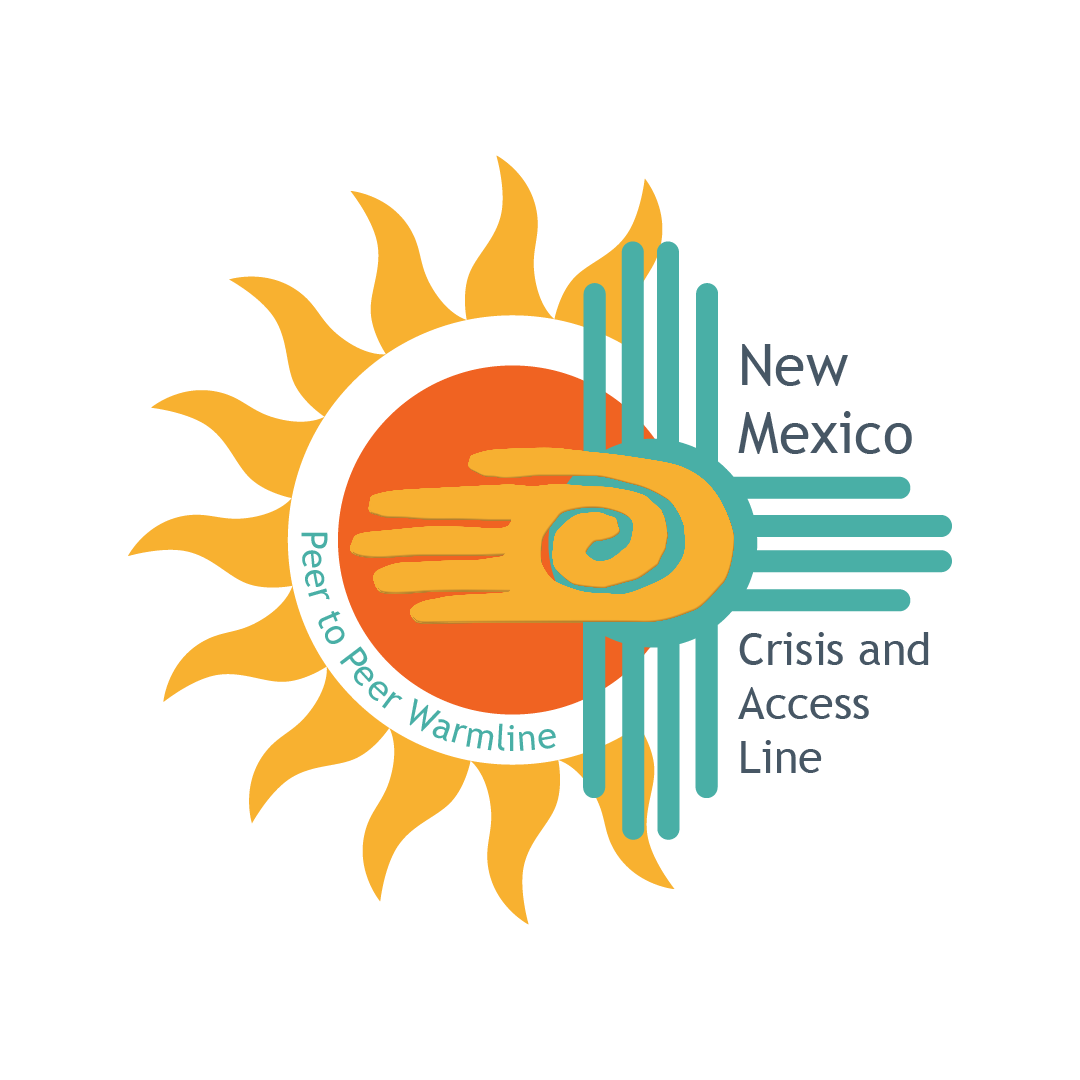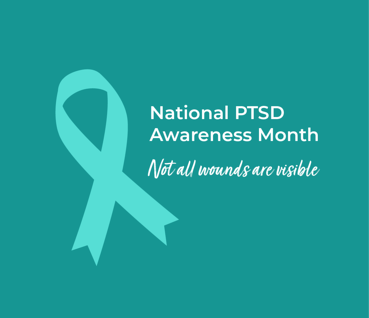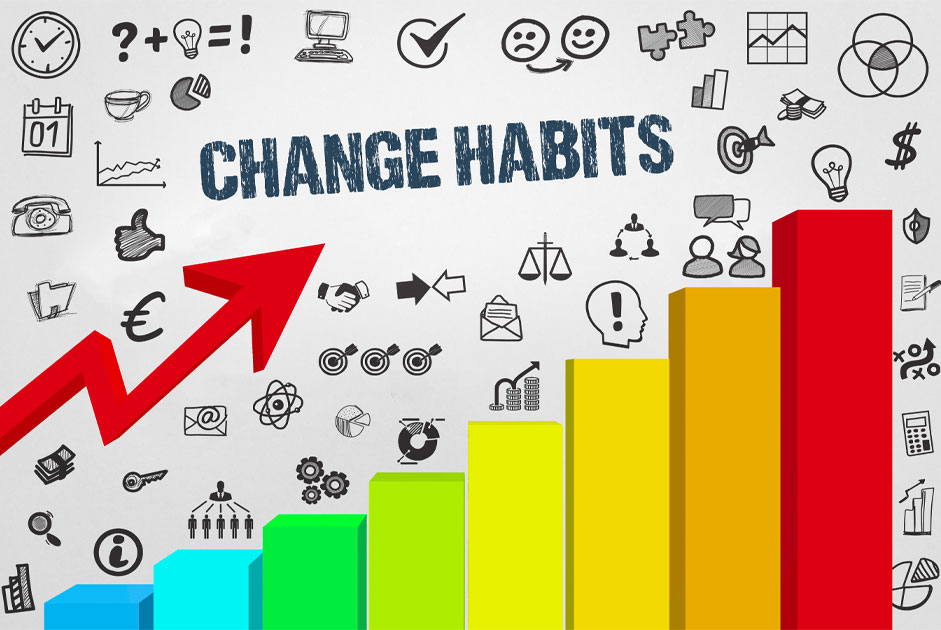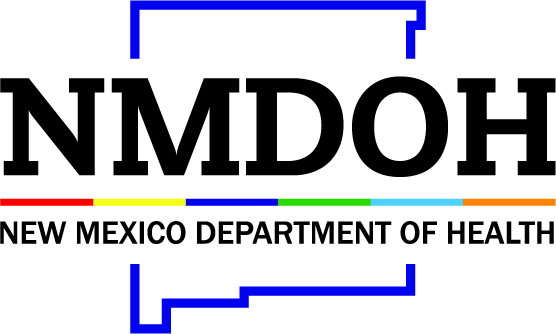Not all wounds are visible. Post Traumatic Stress Disorder (PTSD) is a common, undertreated psychiatric disorder that may occur in people who have experienced or witnessed a traumatic event such as a pandemic, a serious accident, a terrorist act, war/combat, a natural disaster, a physical or sexual assault, or who have been threatened with death, violence, or serious injury. PTSD does not just happen to combat veterans. An estimated 7.8% of Americans will experience PTSD at some point in their lives. PTSD affects approximately 3.5% of U.S. adults every year, and an estimated one in 11 people will be diagnosed with PTSD in their lifetime. PTSD occurs:
- in all people;
- in any gender, sexual orientation, ethnicity, nationality, or culture;
- at any age;
- and anywhere in our community.
People who experience PTSD have intense, disturbing thoughts and feelings related to their experience that last long after the traumatic event has ended. They may relive the event through flashbacks or nightmares; they may feel sadness, fear or anger; and they may feel detached or estranged from other people. It is common for a person who experiences PTSD to avoid situations or people that remind them of the traumatic event, and they may have strong negative reactions to something as ordinary as a loud noise or an accidental touch. A diagnosis of PTSD requires exposure to an upsetting traumatic event. However, the exposure could be indirect rather than first hand. For example, PTSD could occur in an individual learning about the violent death of a close family or friend. It can also occur as a result of repeated exposure to horrible details of trauma such as police officers exposed to details of child abuse cases.
- Women (10.4%) are twice as likely as men (5%) to develop PTSD.
- Three ethnic groups – U.S. Latinos, African Americans, and American Indians – are disproportionately affected and have higher rates of PTSD than non-Latino whites.
- More than 60% of youth ages 0 – 17 have experienced or witnessed at least one traumatic event in the last year.
Even though treatments for PTSD work, most people who experience PTSD do not get the help they need. Get started with a journey to recovery by taking a free, quick and confidential screen for PTSD, anxiety, depression, and/or alcohol or substance use concerns by visiting the NM 5-Actions Program™ assessment tools then begin your self guided journey into understanding your mental health concerns.










